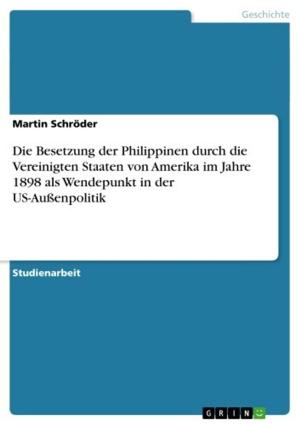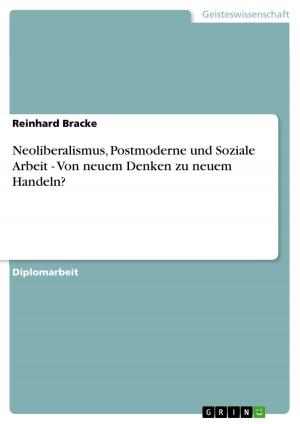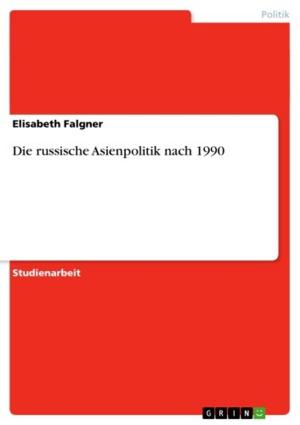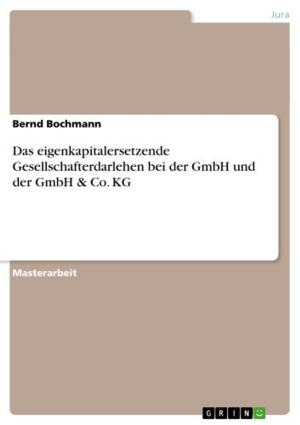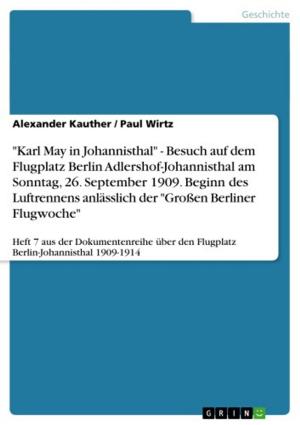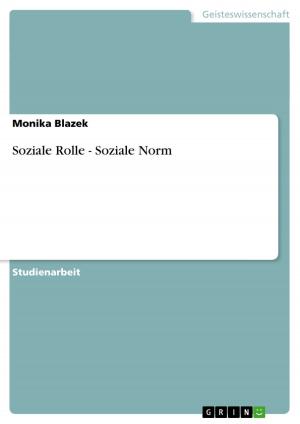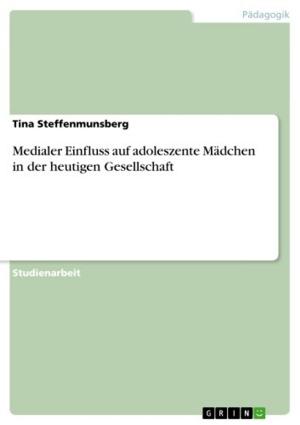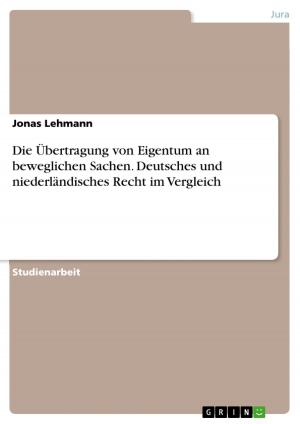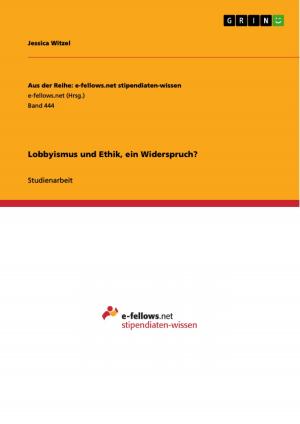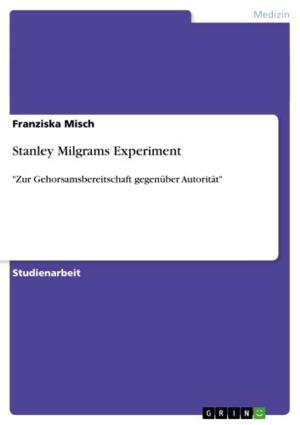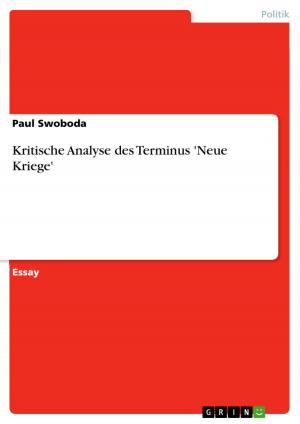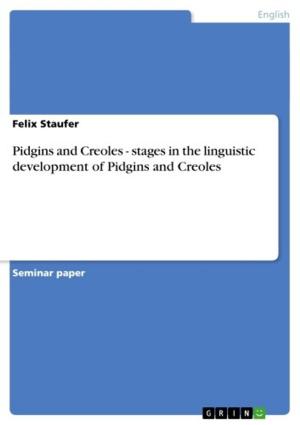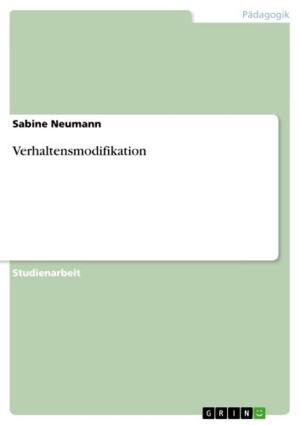The Oil Producing Community Identity in Nigeria: A Politico-economic Resource
Nonfiction, History, Africa| Author: | Babajide Ololajulo | ISBN: | 9783640953240 |
| Publisher: | GRIN Verlag | Publication: | July 7, 2011 |
| Imprint: | GRIN Verlag | Language: | English |
| Author: | Babajide Ololajulo |
| ISBN: | 9783640953240 |
| Publisher: | GRIN Verlag |
| Publication: | July 7, 2011 |
| Imprint: | GRIN Verlag |
| Language: | English |
Research Paper (postgraduate) from the year 2009 in the subject African Studies, University of Nigeria (University of Ibadan, Nigeria), language: English, abstract: This paper focuses on the socio-political and economic issues involved in the production of oil producing and non-oil producing communities as categories of identification in Nigeria. Using Ilaje people of Ondo State as a case, this paper, through qualitative methods of study, examines the factors of history, elite politics, and the state in identity formulation and the effects which the construction of the 'other' among a supposed homogeneous group has on the existing forms of social relationship. It is established from the study that though the advantage of the oil producing community identity is utilized to attain political and economic height, the identity remains subordinate to a much larger and inclusive Ilaje identity. Generally, this paper is a reflection on how identity is manipulated even in the local context to suit competition for resources. It discusses the cultural creation of space and its hegemonization in quest of making exclusive and optimum advantage of resource in the space. The paper concludes that even when the spatial differentiation is yet to generate any remarkable conflict, the feelings of 'oneness' appears to have been sufficiently weakened.
Research Paper (postgraduate) from the year 2009 in the subject African Studies, University of Nigeria (University of Ibadan, Nigeria), language: English, abstract: This paper focuses on the socio-political and economic issues involved in the production of oil producing and non-oil producing communities as categories of identification in Nigeria. Using Ilaje people of Ondo State as a case, this paper, through qualitative methods of study, examines the factors of history, elite politics, and the state in identity formulation and the effects which the construction of the 'other' among a supposed homogeneous group has on the existing forms of social relationship. It is established from the study that though the advantage of the oil producing community identity is utilized to attain political and economic height, the identity remains subordinate to a much larger and inclusive Ilaje identity. Generally, this paper is a reflection on how identity is manipulated even in the local context to suit competition for resources. It discusses the cultural creation of space and its hegemonization in quest of making exclusive and optimum advantage of resource in the space. The paper concludes that even when the spatial differentiation is yet to generate any remarkable conflict, the feelings of 'oneness' appears to have been sufficiently weakened.



